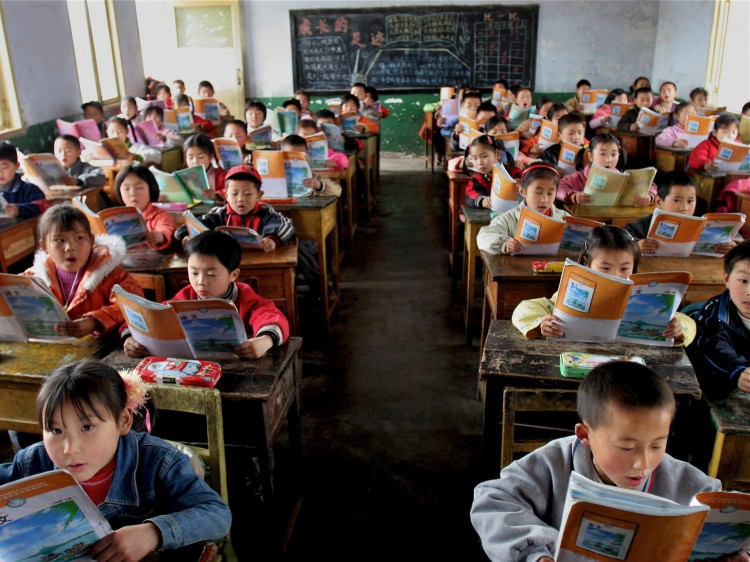
Education in Asian countries is changing. Education systems show their ability to focus on the rich and the overall educational trend is focusing on private education.
China is not an exception. In China, the gap between the rich and poor is much more immense than other countries. As a result, the people that belong to the upper class tend to invest money for their child to receive a private education and get exceptional grades.
In other Asian countries such as South Korea and Japan, it has become a huge part of their culture to send their children to private academies instead of public schools. Recently in China, the overall number of students that receive private schooling has increased rapidly. This indicates both the improvement in upper-class people’s lives, as well as a growing concern for the increasing gap between the rich and the poor.
As the overall life quality improves, parents are also showing concerns about their child’s future. Most upper-class parents would favor sending their child to a foreign (mainly Western) private school to receive an advanced education and to learn about the free market system and freely expressing their ideas to the public.
Although it is a sophisticated procedure to get a continuous visa and takes a considerable amount of money to send their child abroad, the way

Chinese parents send their child abroad indicates the emphasis Chinese parents lay on the quality of education.
However, as it is a laboring and risky plan, most upper-class class parents prefer for their child to attend private academies. In China, students either go to the academy in groups or appoint a fǔdǎo(辅导) 3~4 times a week to improve specific subjects that they don’t get a satisfying grade in. These subjects mostly include maths, English, Chinese and also sports and other instrument lessons. Research shows that there is an actual benefit that students get through attending these classes; which means that students that receive more private classes tend to receive much higher grades at school.
Although sending their children to academy results in higher grades, this must not only be viewed from the rich’s perspectives. Typical Chinese students confess their dissatisfaction with the unfair trend the educational system is changing.
Though it’s objective is to improve the subjects that students find challenging, and its effectiveness is proven, the Chinese government should call into question. China’s academic system has created significant inequalities for the lower class students and lurking within the system are critical problems that will gradually rise to the surface. Many countries have already experienced the deficiency of particular people gaining access to private institutions. For example, South Korea is the country with the highest rate of private education. It has been 30 years since the government allowed students to attend academies.

Although South Korea has become the country with the third highest rate of education, students became too dependent on institutions and lost their own ability to study and freely express their opinions. Besides, sparing their time after school to attend private institutions is accumulated burden to the students.
The uncontrollable spread of higher education enables the majority of the South Korean students to have a disdainful commentary on the educational system of higher education. In order to prevent this scenario, the Chinese authority should regulate private institutions and come up with a way to manage the degree of the higher education.
For more information, please visit (here)